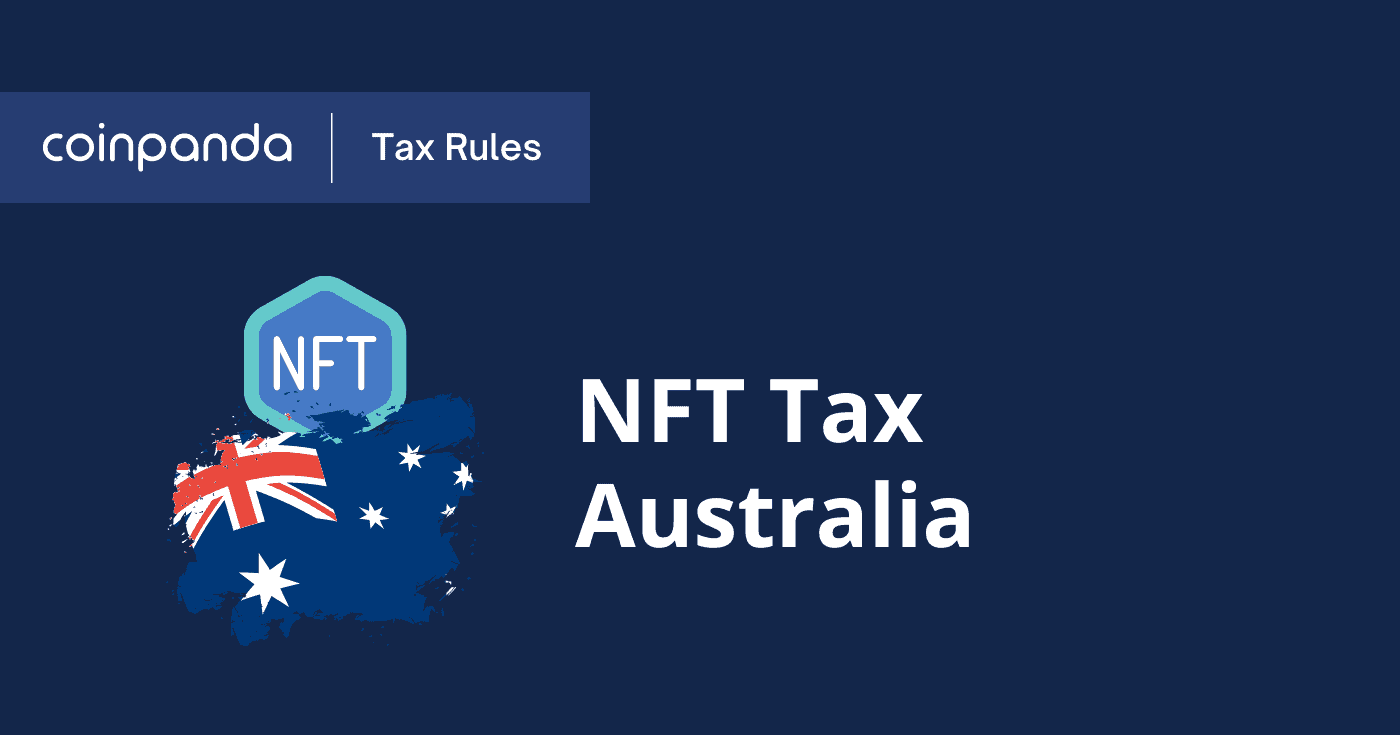In Australia, the amount of crypto tax depends on various factors, such as the type of cryptocurrency and the length of time it was held before being sold. The Australian Taxation Office (ATO) treats cryptocurrencies as an asset for taxation purposes, and they are subject to capital gains tax (CGT).
To determine the tax liability, individuals must calculate the difference between the purchase and selling price of the cryptocurrency. Factors like transaction fees and exchange costs can also be included in the calculation. It’s important for taxpayers to keep accurate records of their cryptocurrency transactions to ensure compliance with tax regulations and accurately report their tax liabilities.
Understanding Crypto Taxation In Australia
Understanding Crypto Taxation in Australia
Under the Australian tax system, cryptocurrencies are treated as property and are subject to taxation. It is important to be aware of the different types of taxable events that may occur when dealing with cryptocurrencies.
Taxable Events: Tax obligations in Australia are triggered when a cryptocurrency is sold, exchanged, or used to purchase goods and services. These events are considered taxable and must be reported to the Australian Taxation Office (ATO).
Capital Gains Tax: Profits made from the sale or exchange of cryptocurrencies are subject to capital gains tax. The tax is calculated based on the market value of the cryptocurrency at the time of the transaction.
Income Tax Obligations: If you receive cryptocurrencies as part of your income, whether through mining, airdrops, or as payment for services, it is considered assessable income and must be reported in your income tax return.
Complying with crypto taxation laws in Australia is essential to avoid penalties and legal consequences. It is recommended to consult with a tax professional to ensure accurate reporting and compliance with the ATO guidelines.
Calculation Of Crypto Taxes
When it comes to calculating crypto taxes in Australia, it is important to understand the process behind determining the cost base and calculating capital gains. The cost base refers to the original purchase price of the cryptocurrency, which can include the amount paid as well as any associated fees or commissions. This cost base is used to determine the capital gains or losses when the cryptocurrency is sold or disposed of.
When calculating capital gains, the formula used is the sale price minus the cost base. If the result is positive, it is considered a capital gain and may be subject to taxation. On the other hand, if the result is negative, it is considered a capital loss and may be used to offset other capital gains for tax purposes.
It is crucial to keep detailed records of all cryptocurrency transactions, including dates, amounts, and values. These records will be essential for accurate tax reporting and may be requested during an audit. Failure to meet record-keeping requirements or inaccurate reporting may result in penalties or fines.
Tax Implications For Crypto Miners
Crypto miners in Australia are required to report their mining rewards as income on their tax returns. The value of the cryptocurrency received at the time it was mined is considered as assessable income. However, they can also claim deductible expenses related to their mining activities, such as electricity costs, mining hardware, and maintenance expenses. It’s important for miners to keep detailed records of their mining activities and expenses to accurately report their income and claim deductions. Additionally, seeking professional tax advice can help miners navigate the complexities of crypto tax regulations and maximize their tax benefits.

Crypto Tax Reporting And Compliance
For Australian crypto traders, understanding tax reporting and compliance is crucial. It’s essential to calculate gains and losses accurately, as well as to keep updated with the ATO’s guidelines and requirements. Seeking professional advice can ensure smooth and compliant tax reporting for crypto transactions in Australia.
| ATO Reporting Requirements: | Australians must report crypto transactions to the ATO. |
| Cryptocurrency Transactions Disclosure: | It is crucial to disclose all cryptocurrency transactions accurately. |
Tax Considerations For Crypto Traders And Investors
Crypto tax in Australia can vary based on short-term and long-term investments.
Traders and investors should consider tax planning strategies to minimize their liabilities.

Regulatory Updates And Future Outlook
In recent years, Australia has witnessed significant changes in crypto tax regulations. The Australian Taxation Office (ATO) has provided guidance for individuals and businesses engaging in crypto transactions, emphasizing the importance of compliance. Additionally, the ATO has introduced measures to track crypto transactions, including data-matching programs. Moreover, there has been an increased focus on educating taxpayers about their obligations when dealing with cryptocurrencies.
Australia is expected to implement further regulations regarding crypto taxation to address evolving challenges posed by digital assets. The government aims to provide clarity on the tax treatment of cryptocurrencies and enhance transparency in the crypto market. These anticipated changes seek to foster a fair and efficient taxation system in line with the rapid growth of crypto transactions in Australia.
Seeking Professional Advice
Seeking professional advice is crucial when it comes to understanding the amount of crypto tax in Australia. Tax professionals play a significant role in ensuring compliance and helping individuals navigate the complexities of cryptocurrency taxation. They have the expertise and knowledge to guide taxpayers through the tax rules, regulations, and reporting requirements.
By consulting with a tax professional, individuals can gain a clear understanding of their tax obligations, minimize potential errors, and maximize tax benefits. Tax professionals can assist in determining the taxable events related to cryptocurrency, calculating the capital gains or losses, and ensuring accurate reporting on tax returns.
Compliance is of utmost importance in cryptocurrency taxation. Failing to comply with tax regulations can result in penalties, fines, or even legal consequences. Therefore, seeking the advice of a tax professional is crucial to ensure full compliance with the tax laws in Australia.
Conclusion And Key Takeaways
Navigating the complexities of crypto taxation is crucial to understand the tax implications and determine how much crypto tax you will owe in Australia. It is significant to comprehend the tax regulations in order to ensure compliance with the law and avoid any penalties or legal issues. While cryptocurrency transactions can be quite intricate, having a clear understanding of the tax obligations is essential. The Australian Taxation Office (ATO) considers cryptocurrencies as assets, subjecting them to capital gains tax (CGT) liabilities.
This implies that when you sell or exchange your cryptocurrencies, you may be liable to pay tax on any capital gains made. It is therefore important to keep meticulous records of your crypto transactions, including buying, selling, and exchanging, to accurately calculate your CGT obligations. Seeking professional advice from a tax specialist with expertise in cryptocurrencies can help ensure compliance and provide guidance on maximizing available deductions.
Frequently Asked Questions For How Much Crypto Tax In Australia
Is Crypto Trading Taxable In Australia?
Yes, cryptocurrency trading is taxable in Australia. Any profits made from buying, selling, or exchanging cryptocurrencies are subject to capital gains tax.
How Is Cryptocurrency Taxed In Australia?
Cryptocurrency is treated as property in Australia, and capital gains tax applies when you dispose of cryptocurrency. The tax rate depends on the length of time the asset was held.
Are There Any Deductions For Crypto Taxes In Australia?
Yes, you may be able to claim deductions for expenses related to your cryptocurrency investments, such as transaction fees or exchange costs. Keeping detailed records is crucial for accurate deduction claims.
Conclusion
As the landscape of cryptocurrency taxation in Australia continues to evolve, it’s crucial for individuals and businesses to stay informed and compliant. By understanding the tax implications and seeking professional guidance, you can navigate the complexities of crypto tax with confidence.
Remember, staying updated and proactive is key in this rapidly changing environment.

